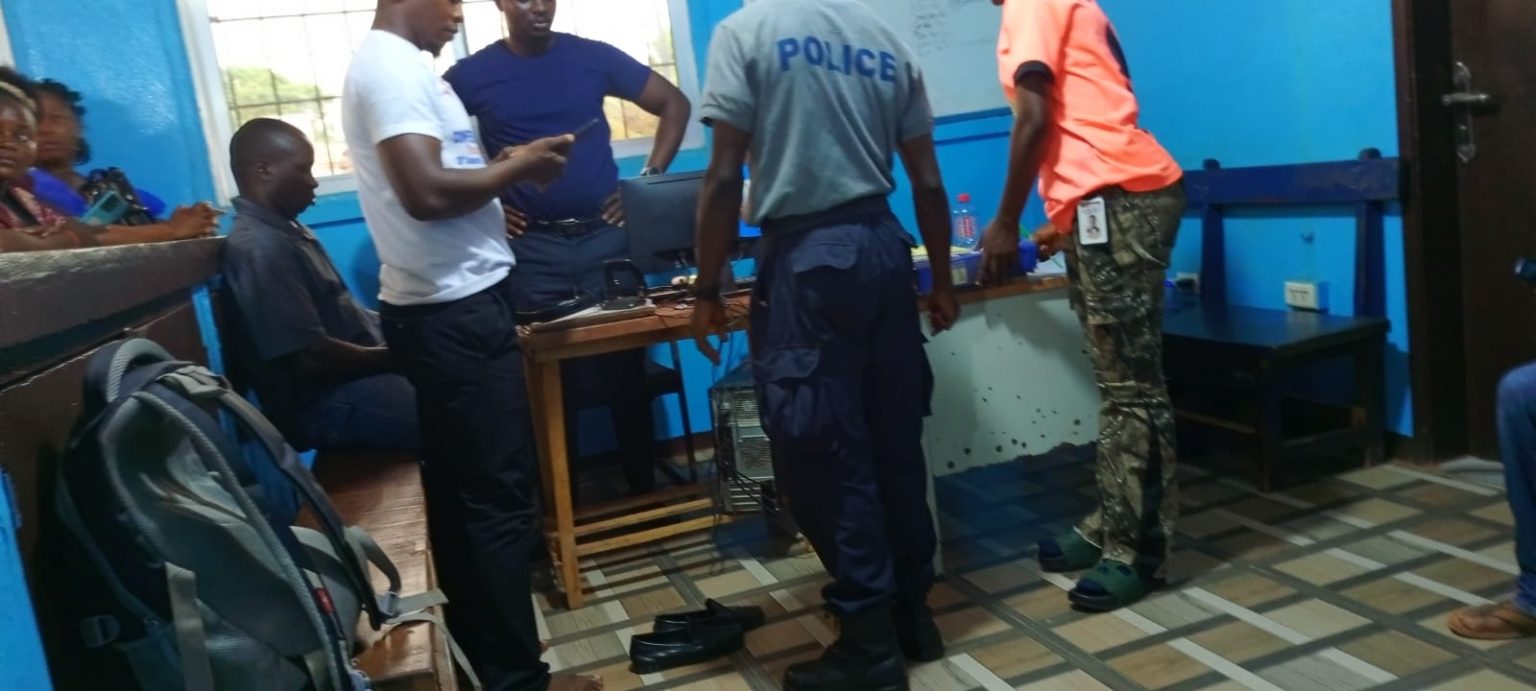The United Methodist Church in Liberia is facing internal strife and accusations of heavy-handed tactics in Bong County, stemming from a proposed regionalization plan. The plan, which involves merging the Jorquelleh District with two other districts, has ignited a firestorm of controversy and led to the arrest of two church members, Joseph Voker and David T Dolo. They are accused of disrupting public order, specifically by vandalizing a church signboard and assaulting Associate Pastor George Gargboh. Rev. Anthony Karpee, District Superintendent of the Jorquelleh District Conference, and Rev. Gargboh are accused of orchestrating the arrests, allegedly as retribution for the members’ opposition to the regionalization initiative. This incident has further exposed the deep fissures within the church, raising concerns about leadership transparency, the use of authority, and the potential for escalating tensions.
The core issue fueling the conflict is the proposed restructuring of the church through regionalization. Proponents of the plan argue that merging districts will streamline operations, enhance resource allocation, and strengthen the overall church structure. However, opponents express fears that the consolidation will erode local autonomy, diminish the influence of individual congregations, and potentially lead to the loss of cherished traditions and community connections. The arrests of Voker and Dolo have intensified these concerns, painting a picture of a church leadership willing to silence dissenters through intimidation and legal action. The incident has fueled speculation about ulterior motives behind the regionalization push, including the possibility of advancing a more liberal theological agenda related to issues like same-sex marriage, although such claims remain unsubstantiated.
The arrests have sparked outrage within the Jorquelleh community and beyond, with calls mounting for the immediate release of Voker and Dolo. Critics accuse Rev. Karpee and Rev. Gargboh of abusing their authority and deploying the legal system to suppress legitimate dissent. The accusations of a connection between the regionalization plan and a “gay agenda” further complicate the situation, injecting a highly sensitive and divisive issue into an already volatile environment. The church leaders have declined to comment on the allegations, furthering the perception of a lack of transparency and accountability. The silence from church leadership exacerbates the sense of injustice and mistrust within the congregation and raises questions about the true motivations behind the arrests and the broader regionalization initiative.
The unfolding crisis in the United Methodist Church in Liberia mirrors broader struggles within the global denomination over theological and structural issues. The denomination has been grappling with deeply divisive debates surrounding LGBTQ+ inclusion, particularly concerning same-sex marriage and the ordination of LGBTQ+ clergy. These debates have led to splintering within the church, with some congregations and entire conferences choosing to disaffiliate from the main body. The Liberian conflict reflects this larger struggle, highlighting the challenges faced by denominations attempting to balance unity and diversity amid differing theological interpretations and cultural contexts. The situation also raises concerns about the potential for local disputes to escalate and further fracture an already fragile denominational structure.
The Liberian government is now facing pressure to intervene in the escalating conflict within the United Methodist Church. Advocates for the arrested members are urging the government to ensure a fair and impartial legal process and to investigate the circumstances surrounding the arrests. Beyond the immediate legal concerns, there are calls for the government to facilitate dialogue between the opposing factions within the church. This could involve mediating discussions between church leaders, members of the Jorquelleh community, and representatives of the broader United Methodist Church in Liberia. The goal would be to address the underlying grievances fueling the conflict, find common ground on the regionalization plan, and prevent further escalation of tensions.
The crisis within the United Methodist Church in Liberia serves as a microcosm of the broader challenges facing religious institutions in navigating complex social and theological issues. The events in Bong County underscore the importance of transparent leadership, open communication, and a commitment to due process within religious organizations. The arrests of Voker and Dolo highlight the potential for abuse of power when religious authority intersects with the legal system. The situation calls for a careful examination of the dynamics at play within the church, the motivations of the involved parties, and the potential long-term consequences of the ongoing conflict. The need for reconciliation and a path forward that respects both the unity of the church and the diverse voices within it remains paramount.














